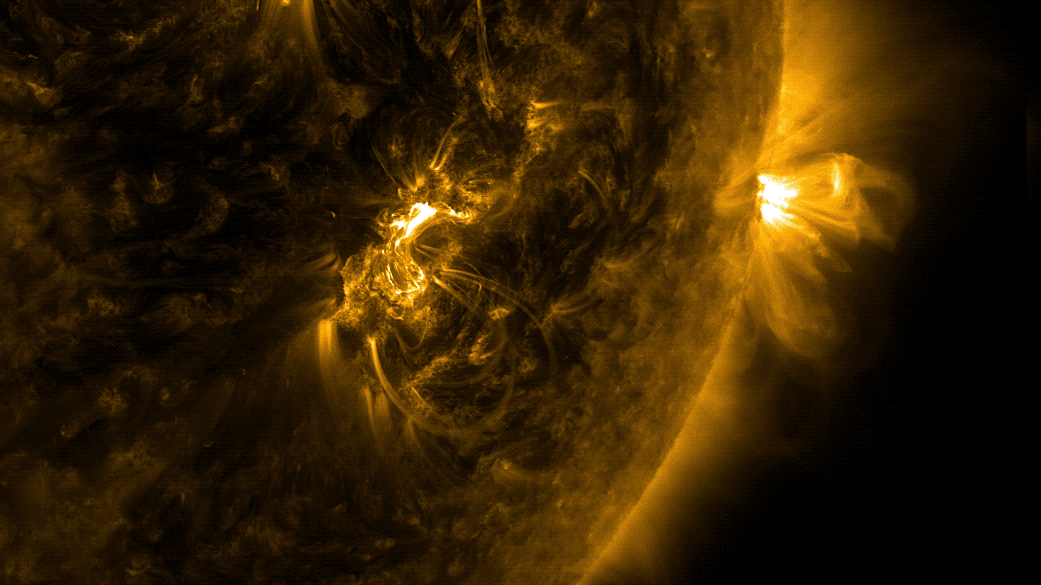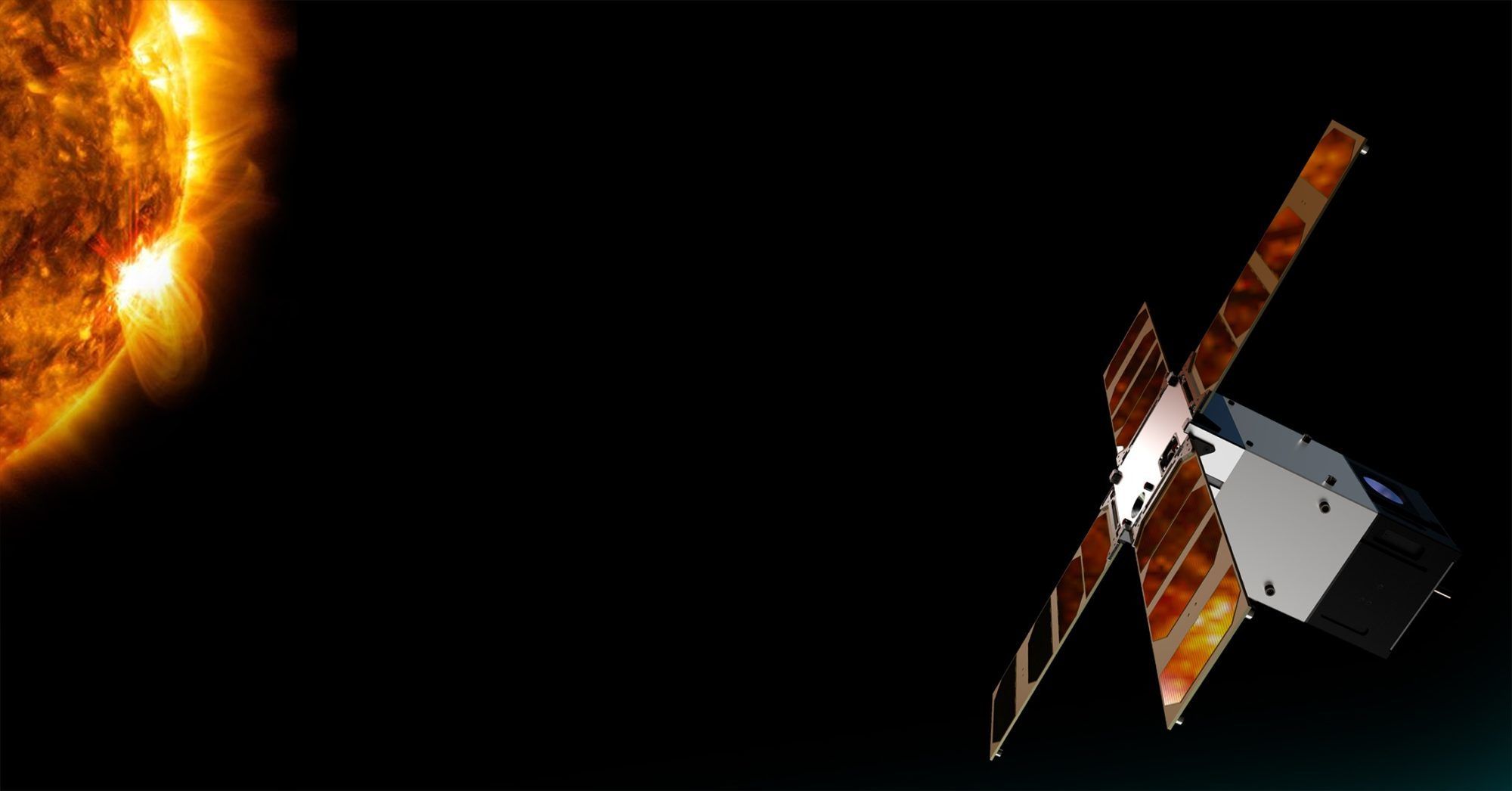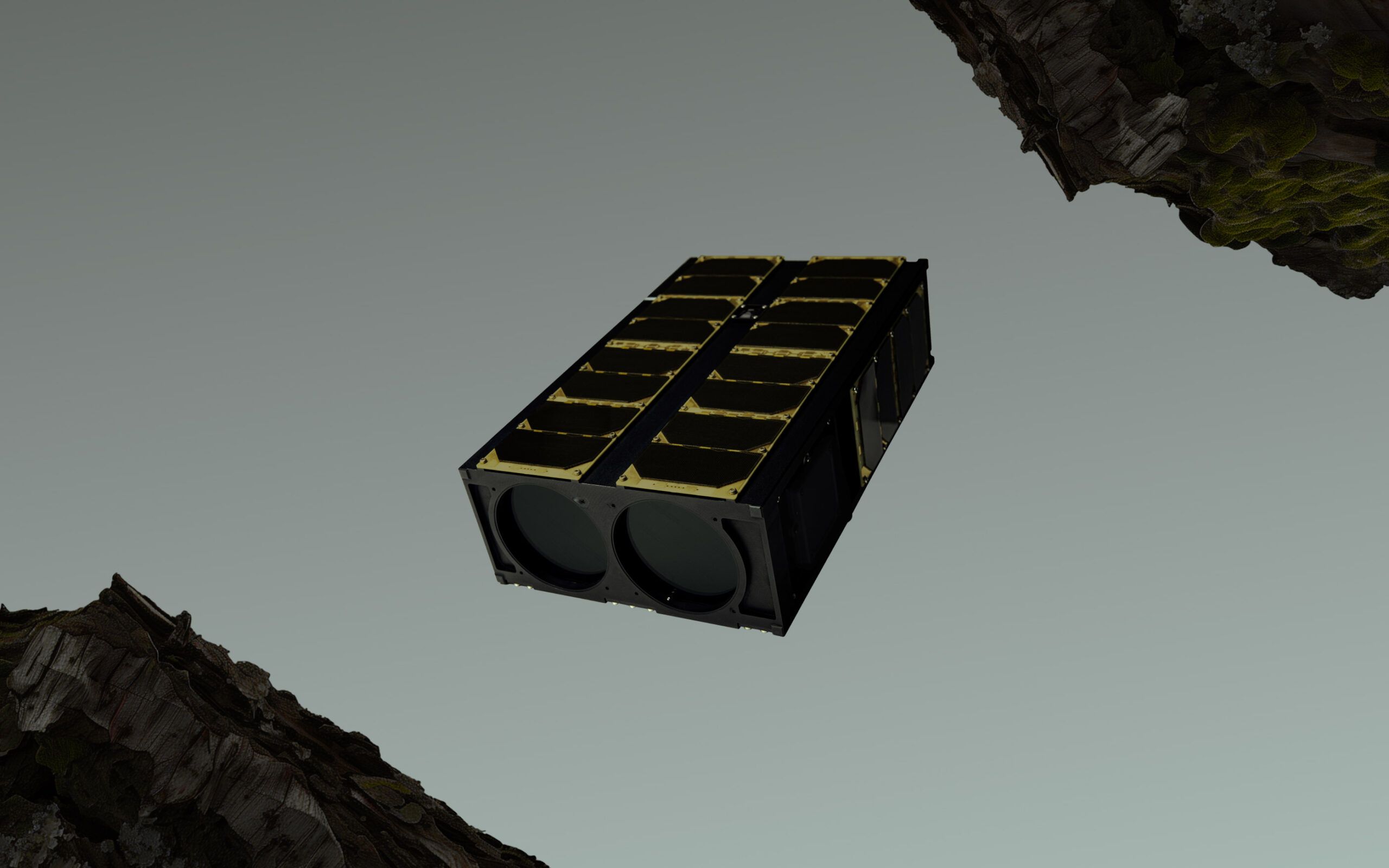BLOG • June 4, 2019
Introducing our latest mission: SUNSTORM


[Editor’s note: Kuva Space was previously known as Reaktor Space Lab. RSL rebranded to Kuva Space in September 2021]
Observing solar x-rays is crucial for predicting space weather.
Solar storms pose a serious threat to life on Earth, as demonstrated by the 1989 geomagnetic storm that disrupted electricity distribution across Quebec, Canada. With our increased reliance on communication networks, electronic systems, and satellite positioning, we are more vulnerable than ever to the effects of space weather. Even passengers on polar airline routes are at risk. Luckily, we can mitigate these risks by receiving timely warnings of solar storms.
The Finnish Meteorological Institute has established the PECASUS space weather service center to improve space weather prediction and observation, with the aim of sourcing better data for more accurate predictions.
Observing solar x-rays is crucial for predicting space weather, but this can only be done from space. The Finnish x-ray instrument SUNSTORM 1 has emerged as a clear winner in an European Space Agency comparison study. This miniaturized x-ray spectrometer can characterize solar flares with unparalleled precision, making it the first of its kind with potential for commercial use. Developed in record time (16 months) by a Finnish industry team led by ISAWARE, SUNSTORM 1 will be launched and demonstrated in space using Reaktor Space Lab’s CubeSat platform in 2021. The team includes Aboa Space Research Oy, Oxford Instruments Technologies, and Talvioja Consulting, with funding from ESA and Business Finland.
CubeSat satellites offer quick access to space for instrument demonstration and distributed instrument networks, making them an ideal base for the next generation of space technology. SUNSTORM-1 will be operated in space in a two-unit CubeSat based on Reaktor Space Lab’s Hello World and W-Cube satellites.
As our reliance on networks, electronic systems, and satellite positioning grows, we must improve our ability to predict space weather phenomena. Finland has an excellent opportunity to become a leader in this field, and Reaktor Space Lab is proud to contribute to this goal.
Resources

Press releases · September 9, 2024
Sunstorm CubeSat developed by Kuva Space and Isaware successfully completes mission and re-enters Earth’s atmosphere

